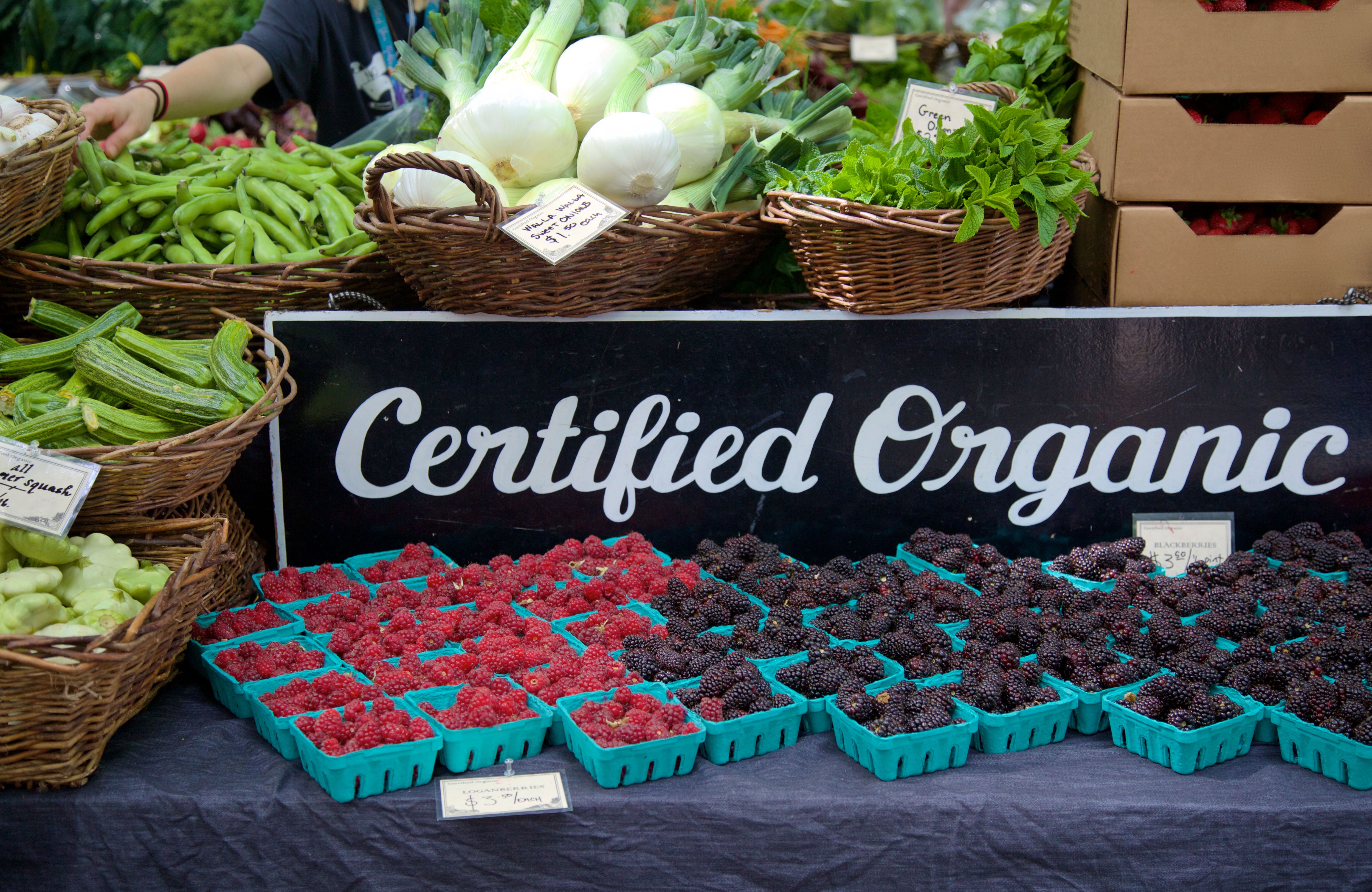The Growing Demand for Organic Products: Implications for California Farmers
In recent years, there has been a significant shift in consumer preferences towards organic products. This growing demand is not only reshaping the agricultural landscape but also presenting lucrative opportunities for farmers, especially in California.

Understanding the Surge in Organic Product Demand
The increasing awareness of health and environmental issues has led more consumers to choose organic products. People are becoming more conscious of what they eat, opting for foods free from synthetic pesticides and genetically modified organisms (GMOs). This trend is supported by a growing body of research highlighting the benefits of organic farming for both human health and the environment.
California, being the leading agricultural state in the U.S., is at the forefront of this shift. The state’s diverse climate and rich soil make it an ideal location for organic farming, allowing farmers to cultivate a wide range of organic produce.
Implications for California Farmers
As consumer demand for organic products continues to rise, California farmers are presented with both opportunities and challenges. Transitioning from conventional to organic farming requires significant changes in farming practices, certification processes, and often, a shift in mindset.

Opportunities for Growth
For farmers willing to make the transition, the organic market offers promising growth potential. The premium prices that organic products command can lead to increased profitability. Additionally, with the support of state and federal programs aimed at promoting sustainable agriculture, farmers can access resources and funding to aid their transition.
- Access to premium markets
- Increased consumer interest
- Support from government programs
Challenges to Consider
Despite the opportunities, there are challenges that farmers must navigate. The conversion process can be costly and time-consuming, often requiring a three-year transition period to achieve organic certification. During this time, farmers must adhere to organic standards without receiving premium prices, which can strain financial resources.

Sustainable Practices and Innovation
To succeed in the organic market, California farmers need to adopt sustainable practices and embrace innovation. This includes using natural pest control methods, crop rotation, and soil enrichment techniques to maintain soil health and productivity.
Many farmers are also leveraging technology to enhance their organic farming operations. From using drones to monitor crop health to employing data analytics for efficient resource management, technology is playing a crucial role in modern organic farming.
The Future of Organic Farming in California
As the demand for organic products continues to grow, the future looks promising for California farmers. By embracing sustainable practices and innovative technologies, they can not only meet consumer demand but also contribute to a healthier planet.
In conclusion, the shift towards organic products is more than a trend; it's a movement towards sustainable agriculture. For California farmers, this presents an opportunity to lead the way in providing healthy, environmentally-friendly products to a growing global market.